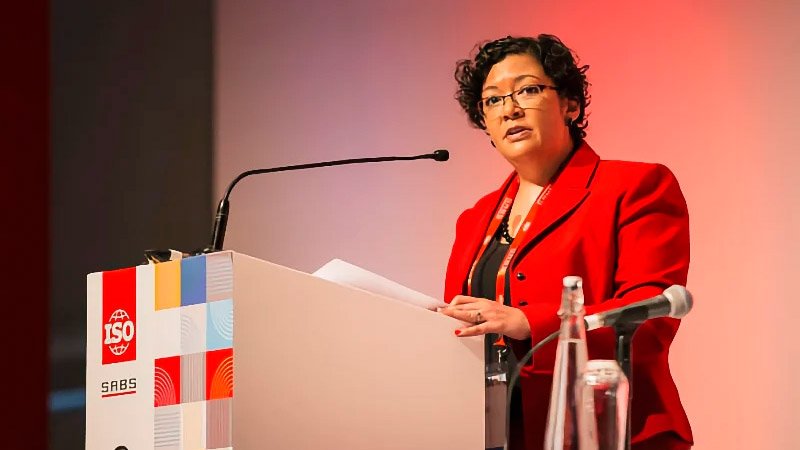According to local media reports, South Africa’s National Lotteries Commission (NLC) has told Parliament it is taking “extensive measures” to stamp out irregularities associated with procurement, grant funding, and fraud.
South African-based not-for-profit news agency Ground Up‘s spokesperson Kaizer Kganyago said the Special Investigating Unit (SIU) is currently investigating more than 700 suspect projects involving over ZAR 2 billion ($106.2 million).
The SIU had seconded two of its staff to the NLC to assist with investigations into procurement, bolster capacity in the forensic investigations unit, and assist with the lifestyle audits of staff.
During the last financial year, the NLC uncovered 53 fraud matters during forensic audits and reported these to SAPS, and uncovered a further 27 cases in the current year, commencing 1 April 2023, NLC Chief Audit Executive Vincent Jones told the trade, industry, and competition portfolio committee earlier this week during a report to Parliament on the NLC’s first-quarter performance. The NLC had formed a panel to review proactive funding, which was at the heart of the issue.
NLC Commissioner Jodi Scholtz told MPs that the NLC is working on an anti-corruption and fraud framework. The bulk of the risk, she said, is with grant funding. “We’ve introduced a risk-based model and the inspectorate goes out and inspects each and every project against that model. This is a complete departure from the past, where we didn’t do these pre-inspections, but now it is part and parcel of the entire process, she said as reported by the above-mentioned media.
NLC Commissioner Jodi Scholtz
In a significant step to enhance the transparency in its funding of non-profit organizations, the NLC began publishing a monthly list of awarded grants. It is also considering publishing location details of funded projects to make it easier for activists and journalists to monitor them.
This marks a difference from the previous administration, which under the pretense of safeguarding the privacy of grant beneficiaries, stopped publishing details of grants in 2019. The NLC eventually relented and started publishing grant details again after pressure from Parliament, the Department of Trade, Industry and Competition (DTIC), Minister Ebrahim Patel, and media exposure.
Both the NLC and the SIU have identified problems with procurement that did not follow required Treasury processes, some of which were highlighted by the Auditor-General. In many cases, tenders were awarded to a single supplier rather than put to tender, as required by law.
Non-compliance with supply chain management (SCM) rules had resulted in numerous incidences of irregular expenditure in the organization, NLC Chief Financial Officer Tina Maharaj told MPs. “As a result of that we have had to cancel a significant number of contracts and go back to market and contract with suppliers,” said Maharaj.
The NLC has begun conducting integrity testing and lifestyle audits of NLC staff and board members. “We have adopted a consequence and ethics management framework and the integrity testing process has begun,” Scholtz said.
However, at this stage it was voluntary. “So far 96 staff members have participated and 21 have declined to participate. We are in the process of putting together an integrity testing and lifestyle audit policy,” Scholtz added.
Scholtz said Minister Patel, who has oversight of the Lottery, had given the NLC a list of priorities. Including a complete implementation of all SIU findings; finalizing investigations of all transactions involving consultants over the past ten years, including law firms, IT services, and public relations services; initiating a wider investigation beyond proactively funded projects, to include all contracts by the NLC and all channels through which payments were made by or on behalf of the NLC; initiate investigations into the activities of all the regional NLC offices; and review all previous forensic and internal reports and consider recommendations for systemic changes to avoid opportunities for corruption.















